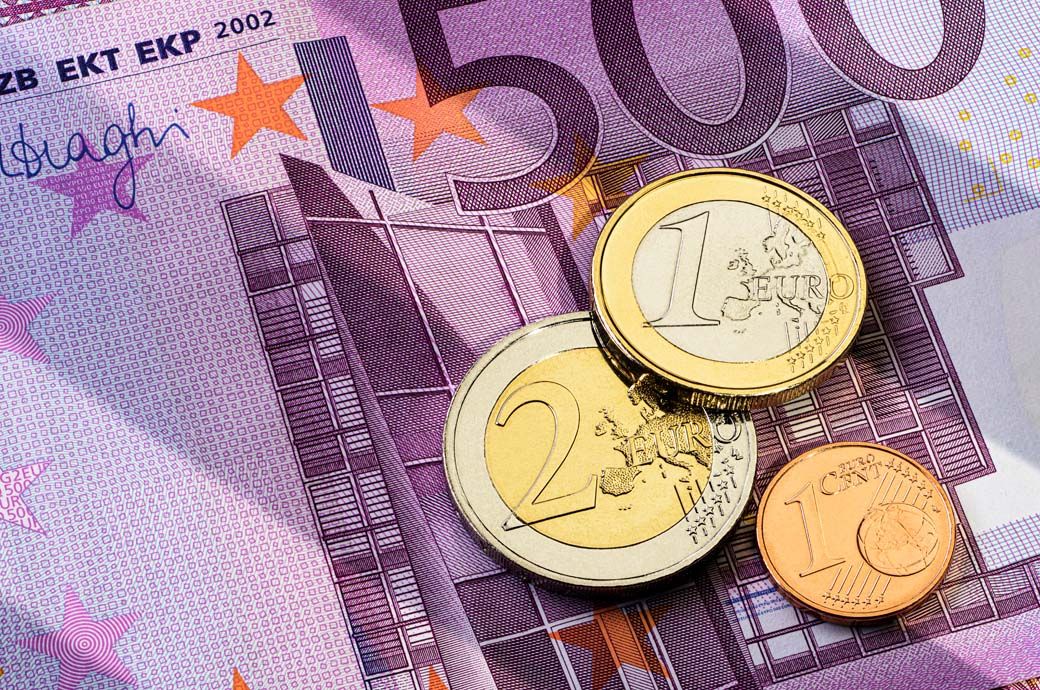
The employment expectations indicator (EEI) eased slightly in both areas: by 0.5 points to 99.6 in the EU and by 0.3 points to 98.9 in the euro area. Consumers’ unemployment expectations, which are not included in the headline indicator, worsened significantly.
Among the largest EU economies, the ESI improved in France (plus 3 points), Spain (plus 2.1), the Netherlands (plus 1.5) and Poland (plus 0.7), while it eased in Germany (minus 1.3) and, to a lesser extent, in Italy (minus 0.3).
The ESI remains a few points below its long-term average, while the EEI continued to score close to but below its long-term average, a release from the Commission said.
The broadly stable ESI reflected higher confidence in industry and retail trade, which was offset by lower confidence in services and among consumers.
Industry confidence in November recovered (plus 1.3) some of its lost ground from September and October. All three components, i.e. managers’ assessments of the current level of overall order books, stocks of finished products and production expectations, improved.
Of the questions not entering the confidence indicator, both managers’ views on changes in past production and export order books improved significantly.
Consumer confidence interrupted its recovery (minus 1.1 points) due to consumers’ substantially deteriorating assessments of developments in the general economic situation and the household’s future financial situation.
Their assessment of the household’s past financial situation also eased, but only marginally.
Consumers’ intentions to make major purchases, by contrast, improved.
Retail trade confidence increased markedly (plus 2.3 points), as views on changes in the past business situation improved considerably, while the assessment of stocks improved more moderately.
Views on the future business situation deteriorated somewhat.
The Commission’s economic uncertainty indicator edged down in November by 0.3 points to 17.9, thanks to lower uncertainty in industry about the future business situation and among consumers about their future financial situation.
Uncertainty among retail trade and construction managers increased marginally, while it remained unchanged for services managers.
Fibre2Fashion News Desk (DS)